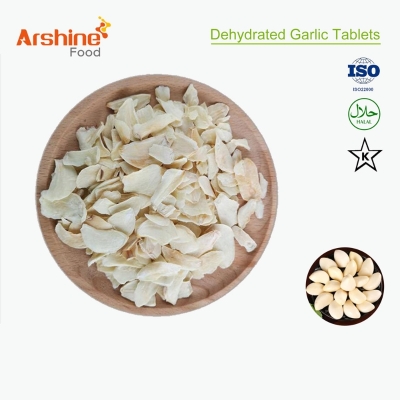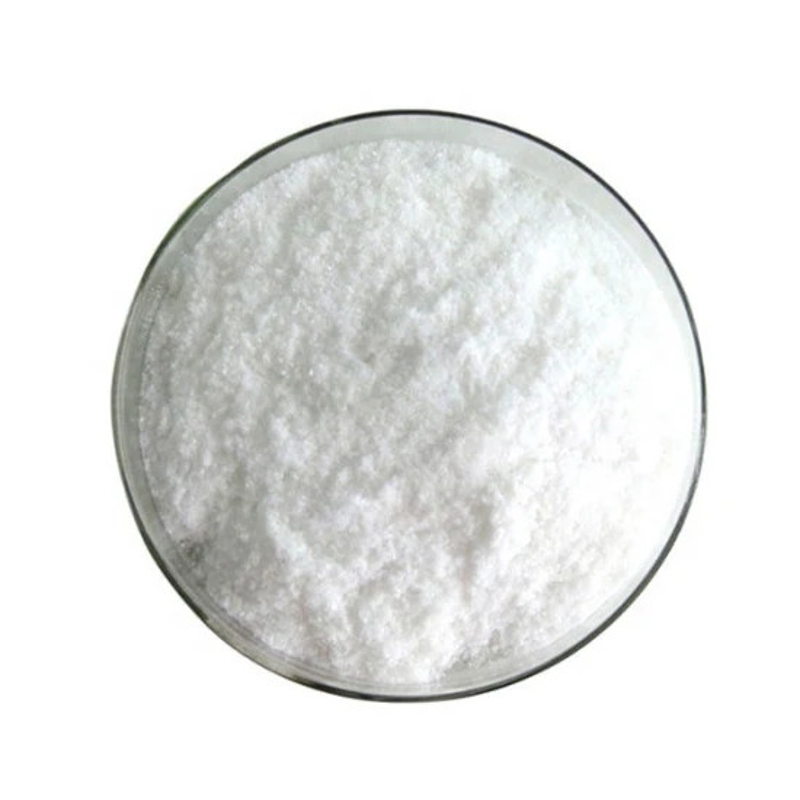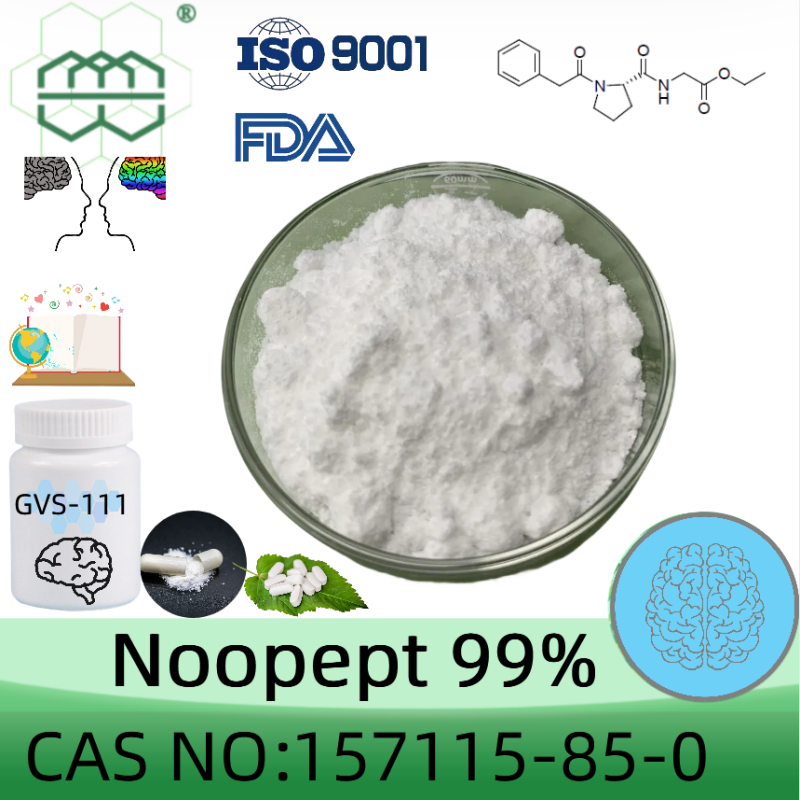-
Categories
-
Pharmaceutical Intermediates
-
Active Pharmaceutical Ingredients
-
Food Additives
- Industrial Coatings
- Agrochemicals
- Dyes and Pigments
- Surfactant
- Flavors and Fragrances
- Chemical Reagents
- Catalyst and Auxiliary
- Natural Products
- Inorganic Chemistry
-
Organic Chemistry
-
Biochemical Engineering
- Analytical Chemistry
-
Cosmetic Ingredient
- Water Treatment Chemical
-
Pharmaceutical Intermediates
Promotion
ECHEMI Mall
Wholesale
Weekly Price
Exhibition
News
-
Trade Service
General Administration of Customs Pomegranate Import
The announcement shows that the quarantine pests that China is concerned about include 8 species of Mediterranean fruit fly, pomegranate gray butterfly and pomegranate bore.
Orchards exported to China need to adopt comprehensive management measures to detect and prevent harmful organisms to prevent them from being imported into Chin.
Orchards exported to China need to adopt comprehensive management measures to detect and prevent harmful organisms to prevent them from being imported into Chin.
The General Administration of Customs has made detailed requirements for the packaging of pomegranates exported from Egypt to Chin.
Before packaging, pomegranates must be cleaned, selected and sorted to ensure that there are no harmful organisms such as insects and mites, as well as rotten fruits, deformed fruits, branches, leaves, roots, et.
Plant residues and soi.
Moreover, the pomegranate exported to China must be subjected to cold treatment to ensure that the central temperature of the fruit is 67°C or below for more than 16 days; or the central temperature of the fruit is 22°C or below for more than 18 day.
deal withBefore packaging, pomegranates must be cleaned, selected and sorted to ensure that there are no harmful organisms such as insects and mites, as well as rotten fruits, deformed fruits, branches, leaves, roots, et.
Plant residues and soi.
Moreover, the pomegranate exported to China must be subjected to cold treatment to ensure that the central temperature of the fruit is 67°C or below for more than 16 days; or the central temperature of the fruit is 22°C or below for more than 18 day.
The orchards, packing plants, cold storages and cold treatment facilities of pomegranates exported to China should be reviewed and filed with the Central Phytosanitary Bureau (CAPQ) of the Ministry of Agriculture and Land Reclamation of the Arab Republic of Egypt, and approved and registered by the General Administration of Customs of China and CAP.
In addition, within the first two years of trade, CAPQ officials shall conduct sampling inspections of each batch of pomegranates exported to China at a rate of 2.
If no phytosanitary problem occurs within two years, the sampling rate is reduced to 1.
In addition, within the first two years of trade, CAPQ officials shall conduct sampling inspections of each batch of pomegranates exported to China at a rate of 2.
If no phytosanitary problem occurs within two years, the sampling rate is reduced to 1.
Egyptian pomegranate exports reached 247,000 tonnes last season and are expected to remain at a similar level this seaso.
There are three main varieties of Egyptian pomegranates, namely Baladi and Early 116 in the early season, and Wonderful in the middle and late seaso.
In recent years, due to the increased awareness of healthy eating among consumers due to the epidemic, the demand for Egyptian pomegranates in overseas markets has also increase.
There are three main varieties of Egyptian pomegranates, namely Baladi and Early 116 in the early season, and Wonderful in the middle and late seaso.
In recent years, due to the increased awareness of healthy eating among consumers due to the epidemic, the demand for Egyptian pomegranates in overseas markets has also increase.







